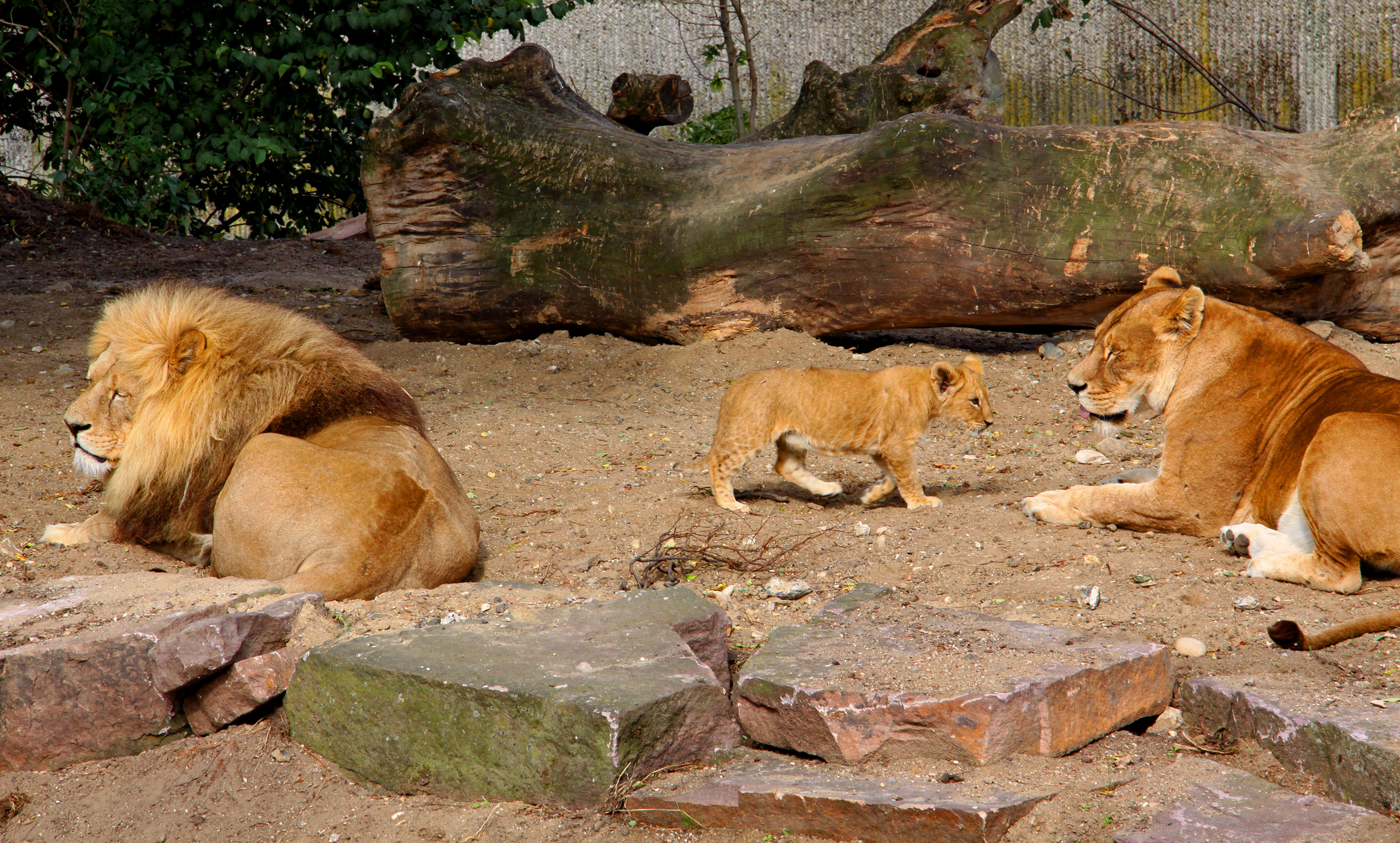Anti-zoo activists often claim that zoo animals come from the wild, but the hunting expeditions are long gone.
In the Middle Ages exotic animals were seen as noble gifts between rulers. Some even used to exchange animals between them. The commercial animal trade began with the founding of zoos in the 19th Century. This is how a market for companies such as ‘Hagenbeck’ Hamburg or ‘Ruhe’ in Alfeld developed. In 1848 Carl Hagenbeck took over the company “C. Hagenbecks Handlungs-Menagerie St. Pauli” from his father. 35 years later, Ruhe continued to expand his fathers’ canary-bird trade. To import animals to Europe, Ruhe set up entire capture facilities in countries like Malaysia, Indonesia, South West Africa and Cameroon. After the Second World War, colonialism ended and the trade of larger animals eased off. The company established numerous safari parks and zoos and in 1948 the Ruhr-Zoo Gelsenkirchen, that holds the name Zoom-Erlebniswelt these days. In 1907 the Hagenbeck family opened their animal park. In the beginning they also traded with animals, but soon this didn’t pay off anymore.
And today?
As of the 1960s, zoos were practically able to preserve their needs for animals by breeding programs. This way the capture of wild animals was avoided. Modern zoos exchange their breeding expertise, as well as the animals. The first breeding projects started in 1985. Since then there are international breeding programs for many zoo species, on which scientifically managed animal parks cooperate. One of the largest is the European Endangered Species Program (EEP). However, there are special situations for which it is still necessary to supplement zoo populations with wild animals, for genetic diversity or for newly established conservation breeding programs for example. At the moment, the extraction from nature is necessary, particularly for amphibians. Many species are threatened with extinction by a globally growing fungal infection. For some of them, breeding populations have to be built up under human care as soon as possible.
